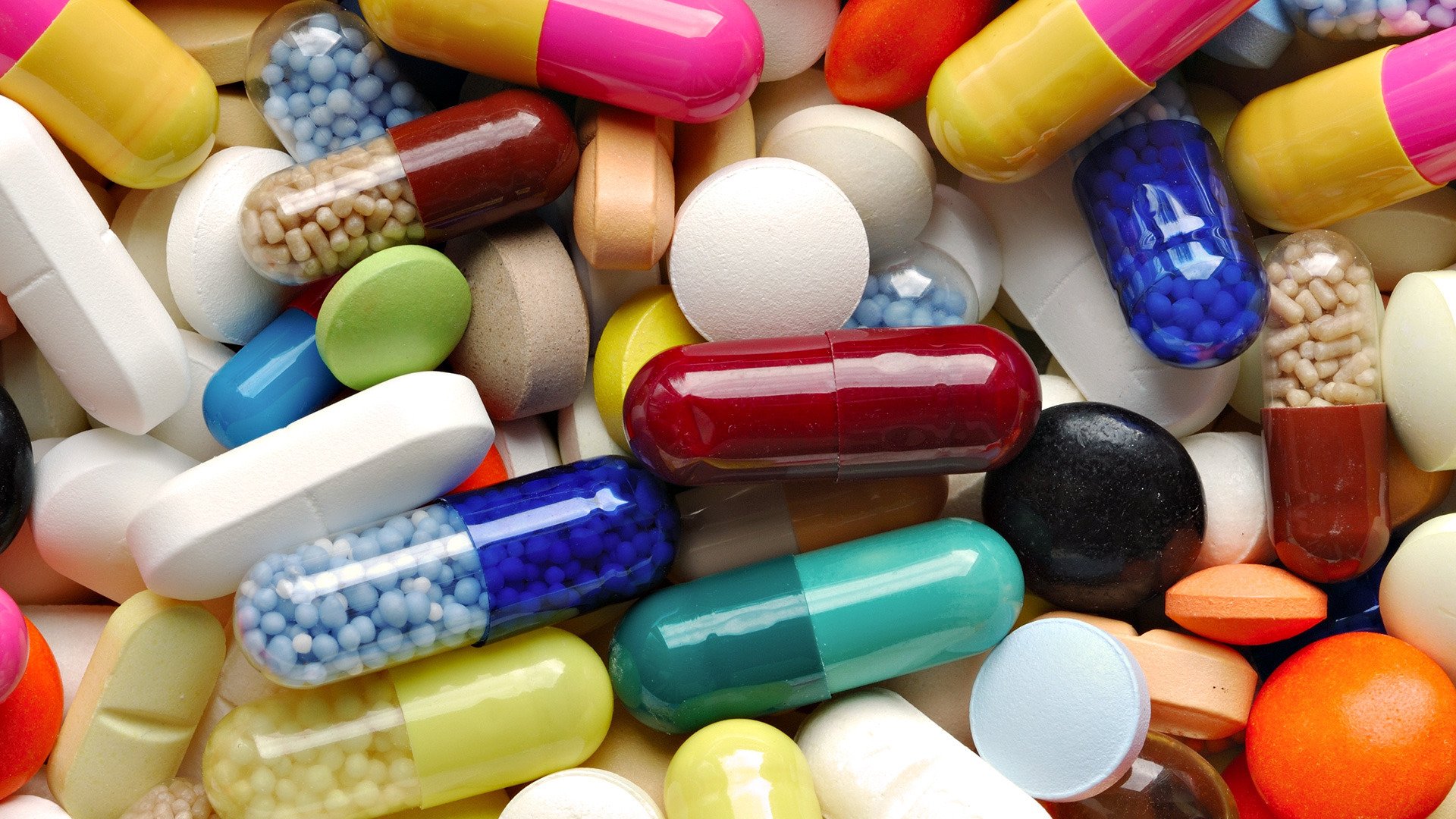ABUJA, Nigeria — The Federal Ministry of Education and the National Drug Law Enforcement Agency (NDLEA) have announced plans to introduce mandatory drug testing for students in tertiary institutions across Nigeria — a move that has triggered sharp criticism from education stakeholders.
In a communique dated Wednesday, July 30, 2025, Femi Babafemi, NDLEA’s Director of Media and Advocacy, confirmed that the proposal followed a meeting between the Minister of Education, Dr Tunji Alausa, and NDLEA Chairman, Brigadier General Buba Marwa (rtd), in Abuja.
According to the NDLEA, the initiative aims to curb the rising wave of substance abuse among Nigerian undergraduates.
The plan includes compulsory drug tests for newly admitted students, those returning from academic breaks, and random testing for students already on campus.
“We want to adopt a drug testing policy in tertiary institutions because we want a policy to keep our campuses clean,” Marwa said.
“This will make the children avoid taking drugs, knowing fully well that if they do and they are found out, there will be consequences.”
While Marwa clarified that sanctions may not include expulsion, he emphasised the urgent need for deterrent measures, citing the link between drug abuse and criminal activity.
“The drug scourge, as we all know, is very high in Nigeria. We’re fighting for the souls of our children.”
The Education Minister, Tunji Alausa, praised the NDLEA’s efforts, warning that unchecked drug use erodes critical thinking and impairs long-term decision-making in young people.
“When youths get into drugs, their ability to make informed decisions later in life becomes significantly reduced,” Alausa said.
“They become unemployable… and resort to criminality.”
To fast-track implementation, the minister proposed a technical working group comprising officials from the ministry and the NDLEA.
He also directed that drug education be integrated into the revised secondary school curriculum and announced the creation of a new Substance Use Prevention Unit within the ministry.
However, the announcement has sparked backlash from key stakeholders in Nigeria’s higher education sector.
Dr Chris Piwuna, President of the Academic Staff Union of Universities (ASUU), described the move as “misplaced” and unsupported by scientific evidence.
“This decision is not supported by science. The students are not the enemy. Let’s reach out with science, not suspicion,” he said.
Piwuna warned that such policies could drive drug use further underground, making detection and intervention more difficult.
He questioned what happens after a student tests positive.
“Are you sending them to rehab? Are you expelling them?”
Rather than testing, ASUU called for expanded investment in counselling services, mental health support, and student engagement initiatives.
Andrew Haruna, Secretary of the Committee of Vice-Chancellors, also expressed concern about the feasibility of such a policy, citing poor infrastructure, overcrowded student housing, and chronic underfunding.
“Some hostels meant for two students now house 10. That’s a ghetto,” Haruna said.
“Fix the environment first. Let us not politicise or oversimplify a serious public health issue.”
He also raised logistical concerns about implementation.
“If you do the test today, and schools go on strike tomorrow, students go back home and do what they want. Will you test them again when they return? What’s the continuity plan?”







